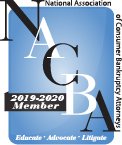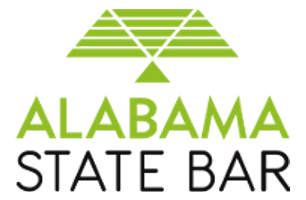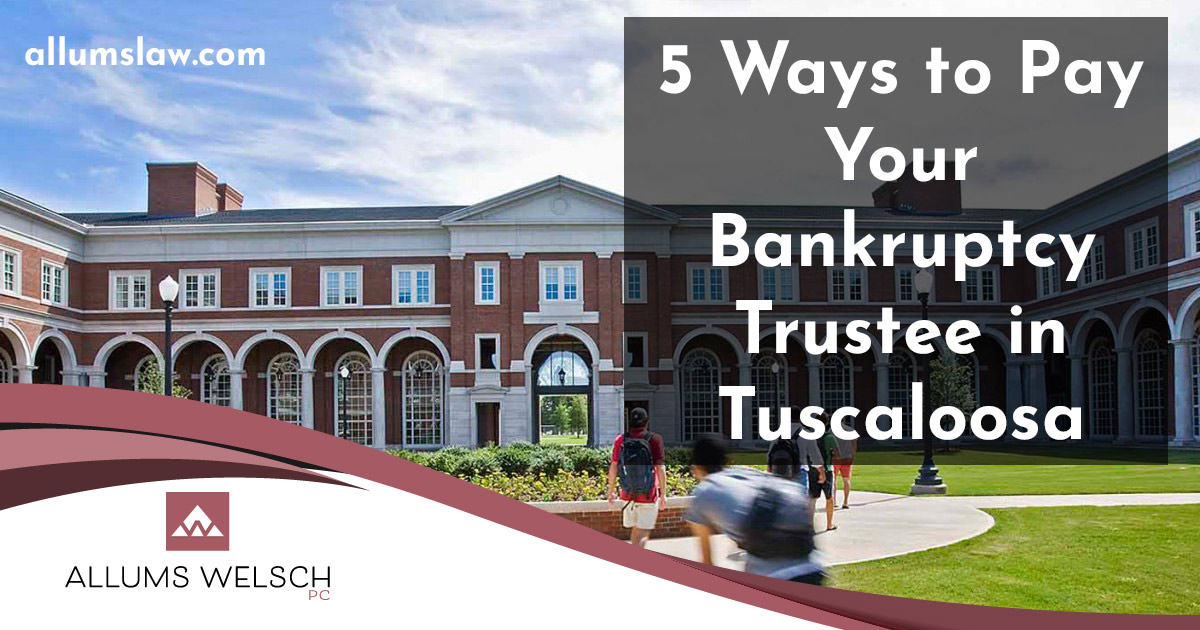The Chapter 13 bankruptcy process is commonly misunderstood. How it actually works and what it actually does is a question many clients ask.
Chapter 13 bankruptcy requires repayment of your debt to at least some extent, it is primarily a method of restructuring your debt. A Chapter 13 bankruptcy will allow you to:
- Modify secured debt interest-rates;
- Catch up the arrears on a mortgage payment and stop a foreclosure;
- Repay non-dischargeable tax or debt at 0% interest;
- Adjust what is owed on a vehicle loan in which the vehicle is worth far less than the amount owed;
… and more—all without worry about creditor collections, lawsuits, garnishments, foreclosures, tax levies, or property seizures.
In a Chapter 13 bankruptcy proceeding, you also do not need to worry about having your assets liquidated as is possible in a Chapter 7 bankruptcy.
Further, a Chapter 13 is, of course, the form of bankruptcy available to individuals who need debt relief but who are not eligible for Chapter 7 to begin with, such as those with higher-than-average household incomes or who have filed a Chapter 7 bankruptcy previously in the prior 8 years.
That all said, let’s walk through how Chapter 13 bankruptcy works, generally.
The Chapter 13 Process: A Brief Overview
First, Chapter 13 bankruptcy applies to individuals and sole proprietors. Chapter 13 bankruptcy does not apply to corporations, partnerships, or LLCs.
If you are seeking debt relief for an entity of this sort, a small business Chapter 7 or a Chapter 11 bankruptcy are the appropriate forms of bankruptcy in that circumstance.
For individuals, Chapter 13 bankruptcy provides an opportunity to restructure and repay debt over a period of time from 3-5 years.
What does “restructure” mean?
It means that, in a Chapter 13 bankruptcy, you don’t simply pay the debt according to the contract or agreement you executed (one way or another) when you incurred that debt. Instead, you repay the debt according to rules drafted by the U.S. Congress in Chapter 13 of the U.S. Bankruptcy Code.
Those rules tell you and your creditors what must be paid over what period of time and at what interest rate when you file for Chapter 13 bankruptcy.
A Chapter 13 bankruptcy essentially rewrites your loan agreements, in other words, allowing you the option to pay exactly what you owe or less than what you owe and 0% or another interest-rate that will surely be less than what your contract says you must pay.
This is debt restructuring. Big corporations do in Chapter 11 bankruptcies, and you can do it, too, in a Chapter 13.
Does the Bankruptcy Court then simply tell you what you must pay in a Chapter 13?
No, not exactly.
In a Chapter 13 bankruptcy, you and your Alabama bankruptcy attorney will sit and review your gross and net average income, your debt, your necessary average household expenses, and draft a plan of reorganization that is then filed with the Bankruptcy Court along with your initial bankruptcy petition.
This Chapter 13 payment plan will tell the Court, the Chapter 13 Trustee assigned to your case, and your creditors what you are proposing to pay each month, how much each creditor will be repaid and at what interest-rate, the period of time over which you will be repaying the debt, and a number of other details.
All of these other parties then have an opportunity to object to the Chapter 13 plan if it does not comply with their reading of the Bankruptcy Code and the Bankruptcy Rules.
If there are objections, your bankruptcy attorney will push back on them or negotiate a resolution. Objections are common, and this is the primary reason why—although not required—you should retain an experienced bankruptcy attorney to assist you.
Ultimately, the Chapter 13 plan has to be approved by a Federal judge. This approval occurs at the confirmation hearing within the Chapter 13 bankruptcy process.
The confirmation hearing is where a Federal judge approves your restructuring plan. If any objections are unresolved at this point, the parties will make oral argument, file briefs and other pleadings as necessary, and the judge will rule one way or another, either confirming the Chapter 13 plan, dismissing it, or requiring certain conditions prior to confirmation within a set timeframe.
At the end of the day, however, the Chapter 13 process requires you to make a payment each month to the Chapter 13 Trustee to repay your debt rather than paying it directly (in most cases) to your creditors.
Your primary obligation through the Chapter 13 bankruptcy process is to make that plan payment on time—every time.
How Much Is My Chapter 13 Plan Payment?
There are many factors that determine the Chapter 13 plan payment. These include:
- Whether or not you’ve filed bankruptcy before;
- Whether you’re eligible for a discharge;
- The amount of your monthly average income;
- The amount of your monthly average necessary household expenses;
- The equity you have in real estate or other assets.
All of these will factor into the determination of your monthly Chapter 13 plan payment. It is not a simple flat percentage or some statutorily driven amount.
Every Chapter 13 plan is different and structured according to the particular circumstances of the person filing the bankruptcy case, and so is the plan payment amount.
Chapter 13 Bankruptcy: The Big Takeaway
The big takeaway here is that the Chapter 13 bankruptcy is a restructuring of your debt and not a blanket discharge of the debt.
You will repay some of what you owe in a Chapter 13 bankruptcy proceeding, whereas, in a Chapter 7 bankruptcy proceeding, you will repay only the debt that is not dischargeable.
It is an important tool in the bankruptcy lawyer’s toolbox, however, and an important option for those in need of relief from debt.
This is true if for no other reason than that, in a Chapter 13 bankruptcy, you will pay no interest to unsecured creditors at all.
Imagine calling Citibank or one of your other creditors and asking, “Hey, can I pay back the debt that I owe you at 0% interest? How about you hold off on charging me any late fees while you’re at it?”
In essence, that is what you are doing in a Chapter 13 bankruptcy.
The uncertainty of how you are going to pay your mortgage, car payment, or credit card debt can be unbearable. We offer an all-inclusive way to manage your debt problems by providing you with an action plan that is individually designed to show you the light at the end of the tunnel and a path to rebuild your credit.
If you would like to discuss an action plan individually designed for you, contact us now to schedule a free consultation.





